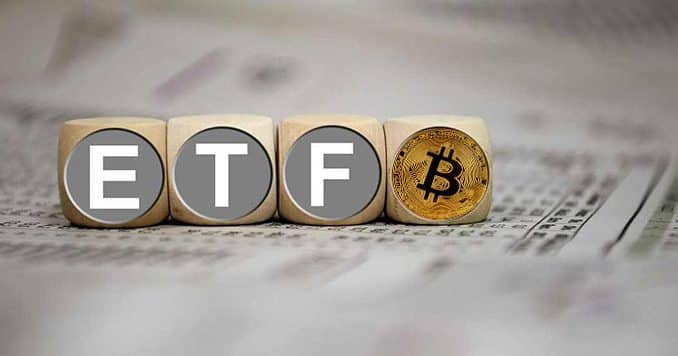The Securities and Exchange Board of India (SEBI) approved the Invesco CoinShares Global Blockchain UCITS ETF, making it a first of its kind in India. The said ETF in question offers exposure to global crypto and blockchain firm. The CoinShares ETF find holds investments in Canadian bitcoin miner Bitfarms, US crypto exchange Coinbase Global Inc., and the world’s biggest corporate crypto holder MicroStrategy Inc. These kinds of investment funds are quite common in the west but would be a first of its kind in India.
“As blockchain technology is still in its early days, the potential for changing the global economy is immense. Like the internet, blockchain presents an opportunity for investors who can capture this hidden potential,” Invesco MF said in the product document.
Indian government’s stance on crypto regulation is still not clear, but recent speculations indicate that positive regulations might be on the cards given the recent rise in popularity of the crypto market and the growing number of crypto unicorns in India.
US SEC Rejects Spot Bitcoin ETF Proposal
The US SEC rejected the spot Bitcoin ETF proposal by VanEck yesterday claiming the spot BTC market is still not mature enough and might fall prey to market manipulation. The expectations of the crypto community were quite high given the US regulatory body has approved Bitcoin Strategic ETFs based on the futures market last month.
The US SEC chief Gary Gensler had already indicated that a spot-based Bitcoin ETF would find it difficult to get SEC’s nod. Gensler has also said that the crypto market needs clear investor protection laws to ensure a fair market. Thus the rejection of the VanEck ETF didn’t surprise the likes of Bloomberg chief ETF analyst Balchunas who has predicted that a spot ETF would eventually get SEC’s nod but not until next year.
Disclaimer
The presented content may include the personal opinion of the author and is subject to market condition. Do your market research before investing in cryptocurrencies. The author or the publication does not hold any responsibility for your personal financial loss.








